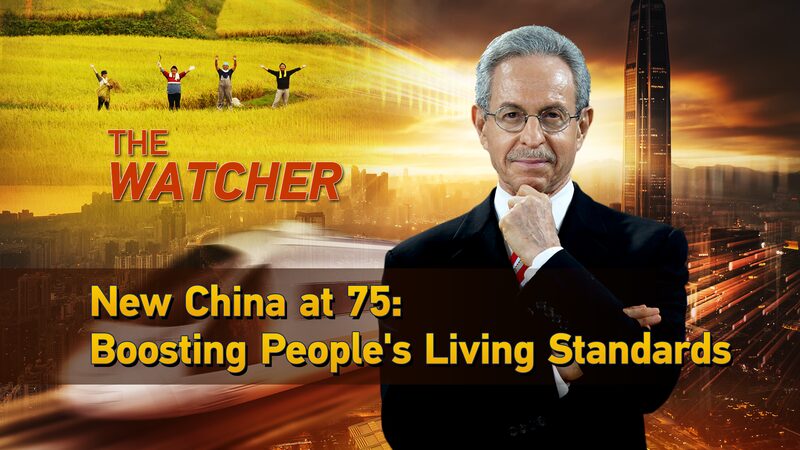Over the past 45 years, China’s reform and opening-up policies have transformed it into a global economic powerhouse 🚀. From skyrocketing GDP growth to reshaping urban-rural dynamics, the country’s journey offers unique insights for nations navigating development in the 21st century. Let’s break it down!
Economic Supernova: From Rural Reforms to Global Influence
Since 1978, China’s economy has grown at an annual average rate of 9.8% ⚡. Its GDP exploded from $51 billion to $11.68 trillion by 2017, now contributing nearly 38.6% to global growth 🌍. How? By embracing pragmatic reforms like rural land system updates, special economic zones (think Shenzhen’s tech boom 💻), and empowering market-driven innovation.
Urbanization Unlocked: Cities as Engines of Change
In 1978, 80% of China’s population lived rurally 🏡. Today, urban hubs buzz with opportunity. Reforms in household registration and land use freed labor mobility, sparking a migration wave to cities. The result? A thriving urban-middle class and blended urban-rural development ✨.
The Big Takeaway: Balancing State & Market
China’s success highlights the power of adapting policies to local needs 🔄. By testing reforms incrementally (shoutout to Deng Xiaoping’s 'practice is truth' mantra!), it balanced state guidance with market freedom. For emerging economies, this 'learn-as-you-go' approach could be a game-changer 🎯.
Reference(s):
What can the world learn from China's 45-year-reform and opening-up?
cgtn.com




